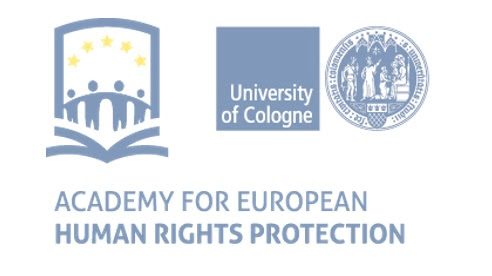Understanding the ECHR and Its Impact on the UK

Introduction
The European Court of Human Rights (ECHR) has played a pivotal role in shaping human rights law across Europe, including in the United Kingdom. Established in 1959, the ECHR aims to ensure that states uphold the rights enshrined in the European Convention on Human Rights (ECHR), an essential document that provides a framework for protecting fundamental freedoms. Understanding the relationship between the UK and the ECHR is crucial, particularly as debates about human rights law and sovereignty continue to shape British legal and political landscapes.
Current Context
In recent months, the UK government has reiterated its stance on reviewing its relationship with the ECHR, particularly in light of the ongoing political discussions surrounding immigration and civil liberties. Prime Minister Rishi Sunak has called for reforms that would allow the UK to navigate human rights issues while maintaining national sovereignty. Discussions on the UK’s Protocol 15 to the ECHR and its implications have been at the forefront, especially after high-profile cases that have drawn the Court’s attention.
One notable case involved the UK’s asylum policies, which resulted in challenges based on the Convention’s principles. Asylum seekers argued that their rights were being compromised, prompting a legal review. This has led to criticisms from various human rights organisations about the UK’s commitment to uphold the rights guaranteed by the ECHR.
Significance of the ECHR for the UK
The ECHR serves not only as a judicial body but also as a moral compass for human rights within the UK. Its rulings have influenced domestic legislation and judicial decisions, reinforcing the idea that human rights are universal and must be respected by all member states. Many British citizens rely on the ECHR for protection against potential governmental overreach in areas including freedom of expression, the right to a fair trial, and the prohibition of torture.
Future Outlook
As discussions surrounding the UK’s relationship with the ECHR continue, it is important for citizens to remain informed about changes that may directly affect their rights. The government’s proposed reforms have sparked debates about the balance between national legislation and international human rights obligations. The outcomes of these discussions will have long-lasting implications, not just for legal frameworks but also for societal values in the UK.
Conclusion
The European Court of Human Rights is a fundamental part of the UK’s approach to justice and human rights. As the country navigates its post-Brexit identity, the importance of the ECHR in upholding and protecting these rights cannot be overstated. Engaging with these topics encourages a greater understanding of how human rights laws impact our daily lives and the future of governance in the UK.









